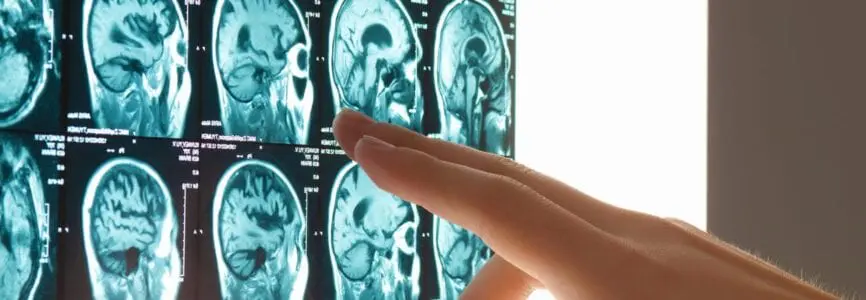Hastings Center News
When Criminal Behavior is the Result of a Misdiagnosed Brain Illness
Deven, a 60-year-old public school teacher, began acting erratically and irresponsibly. His doctor attributed his symptoms to depression and midlife crisis, but in fact he was suffering from frontotemporal dementia, a neurological disorder. He eventually committed financial fraud, a crime related to his undiagnosed and untreated brain illness. How should the legal system deal with cases like this? Zachary E. Shapiro, The Hastings Center’s presidential scholar of law, participated in an event that addressed this question. The public symposium was organized by the Center for Law, Brain and Behavior at Massachusetts General Hospital, where Shapiro is a vising fellow in law and neuroscience.
Cases in which someone with an unrecognized brain disorder commits a crime pose difficult ethical quandaries, says Shapiro. For example, is the person responsible for his or her actions? “Stories like Deven’s highlight how difficult it can be for the legal system to deal with individuals who are suffering from neurological disorders that fundamentally change their personhood,” says Shapiro. “It is imperative that the criminal justice system begin to recognize this shortcoming and takes steps, with the help of mental health advocates and scholars, to better respond to individuals whose neurological condition is inextricably tied to their potential criminal responsibility.”

